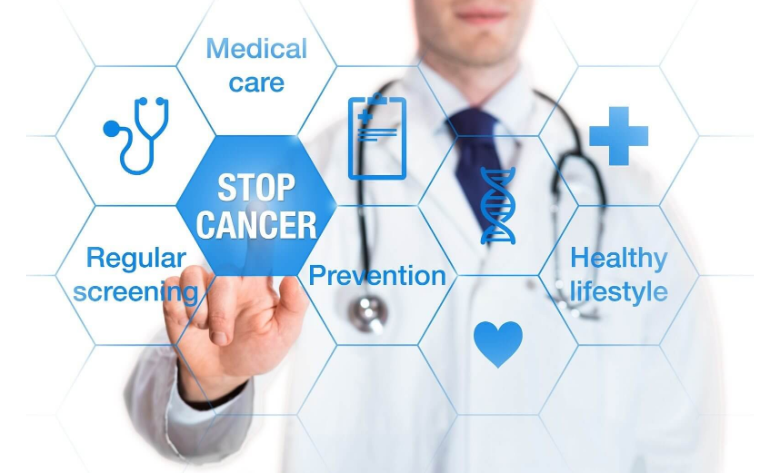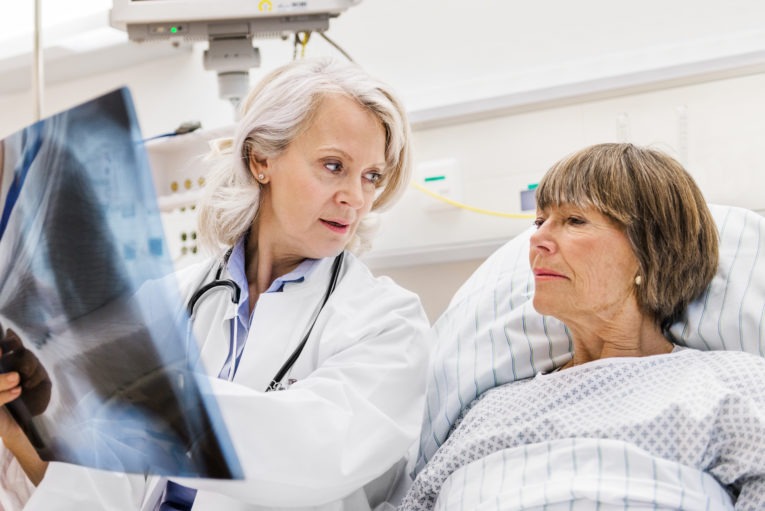Today, many medical institutes offer breast self-exams and mammograms with good screening and diagnostic tools, but an alternative science-based medical paradigm called functional medicine offers hope for disease prevention.
Functional medicine traces the causes of disease to nutritional deficiencies, environmental toxins, and bodily imbalances, among other factors. Both help patients prevent health problems by correcting the underlying problems of these factors and treating them. disease without surgery or medication. You can also find the best Florida cancer center locations by navigating online.

Image source:-Google
Screening versus prevention
Screening for breast cancer is not prevention. This is early detection, helping those who have developed breast cancer find it early enough to treat it before it becomes fatal.
Prevention means helping you not to develop the disease at all. Fortunately, research provides many indicators of positive steps you can take to avoid breast cancer in the first place.
Key factors for breast cancer prevention
First of all, you need to follow an anti-cancer diet that is high in fiber and high in vegetables, fruits, grains, legumes, deep-sea fish, garlic, and plenty of water. Such a diet responds to nutritional deficiencies which very often cause disease.
Avoid hydrogenated or trans fats and oils, refined grain products (like white rice or white bread), or foods with added sugar. Drink alcohol in moderation.
Second, ask your doctor to assess your hormonal balance. Studies show that oral contraceptives increase the risk of breast cancer in women under 45.
Additionally, according to a recent study from the Journal of the American Medical Association, synthetic hormones can cause breast tissue to thicken, making it difficult to spot problems on a mammogram.
